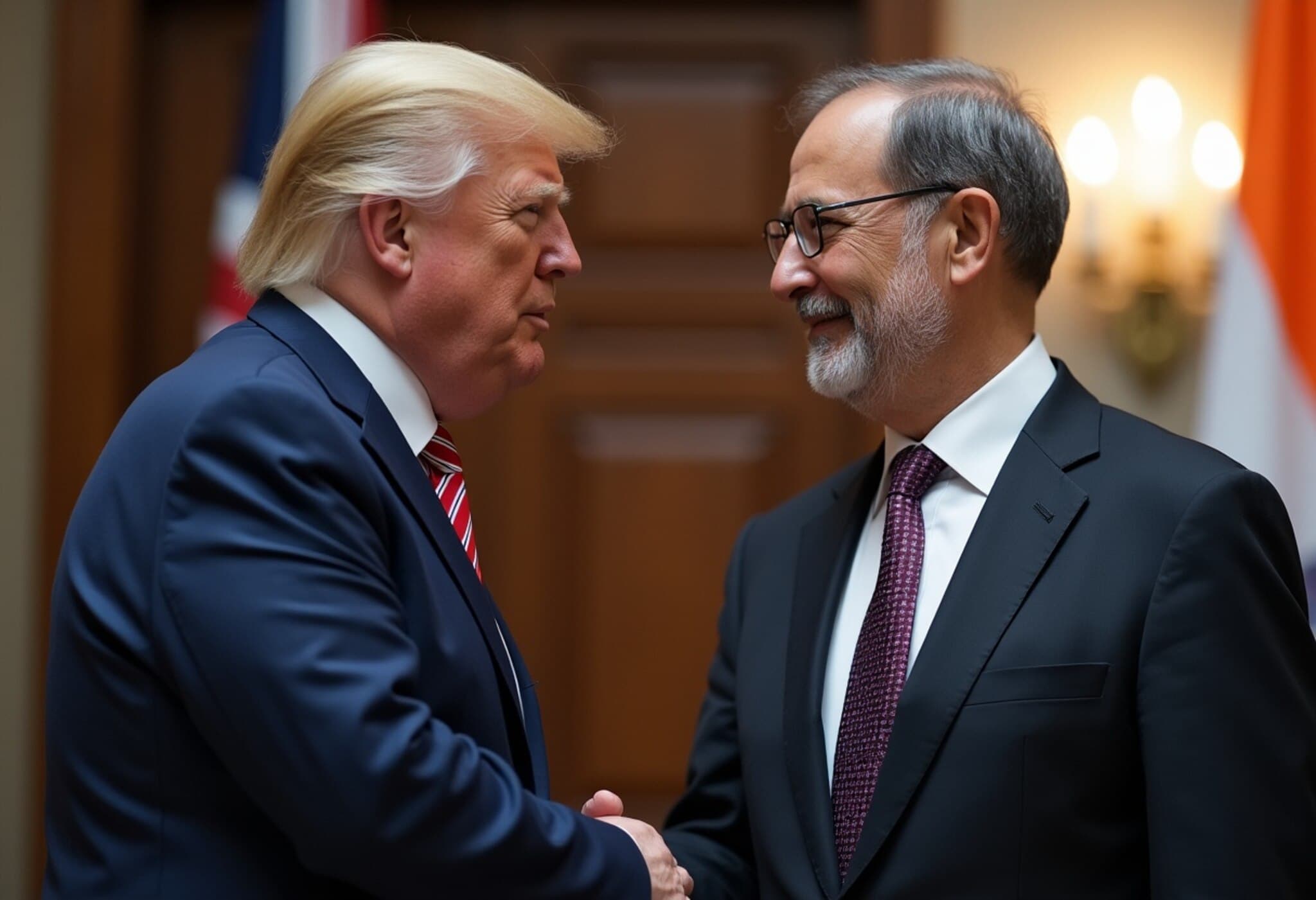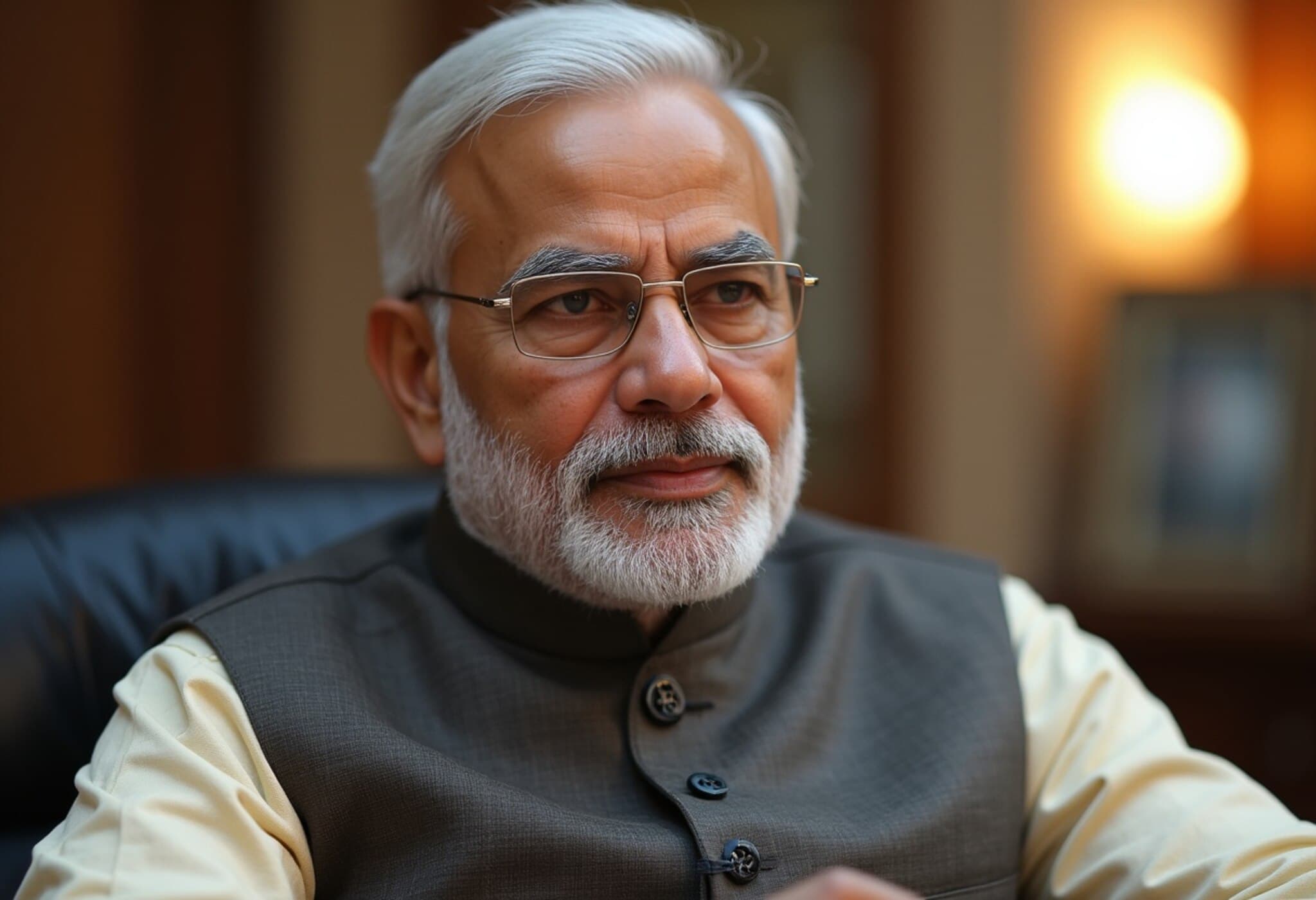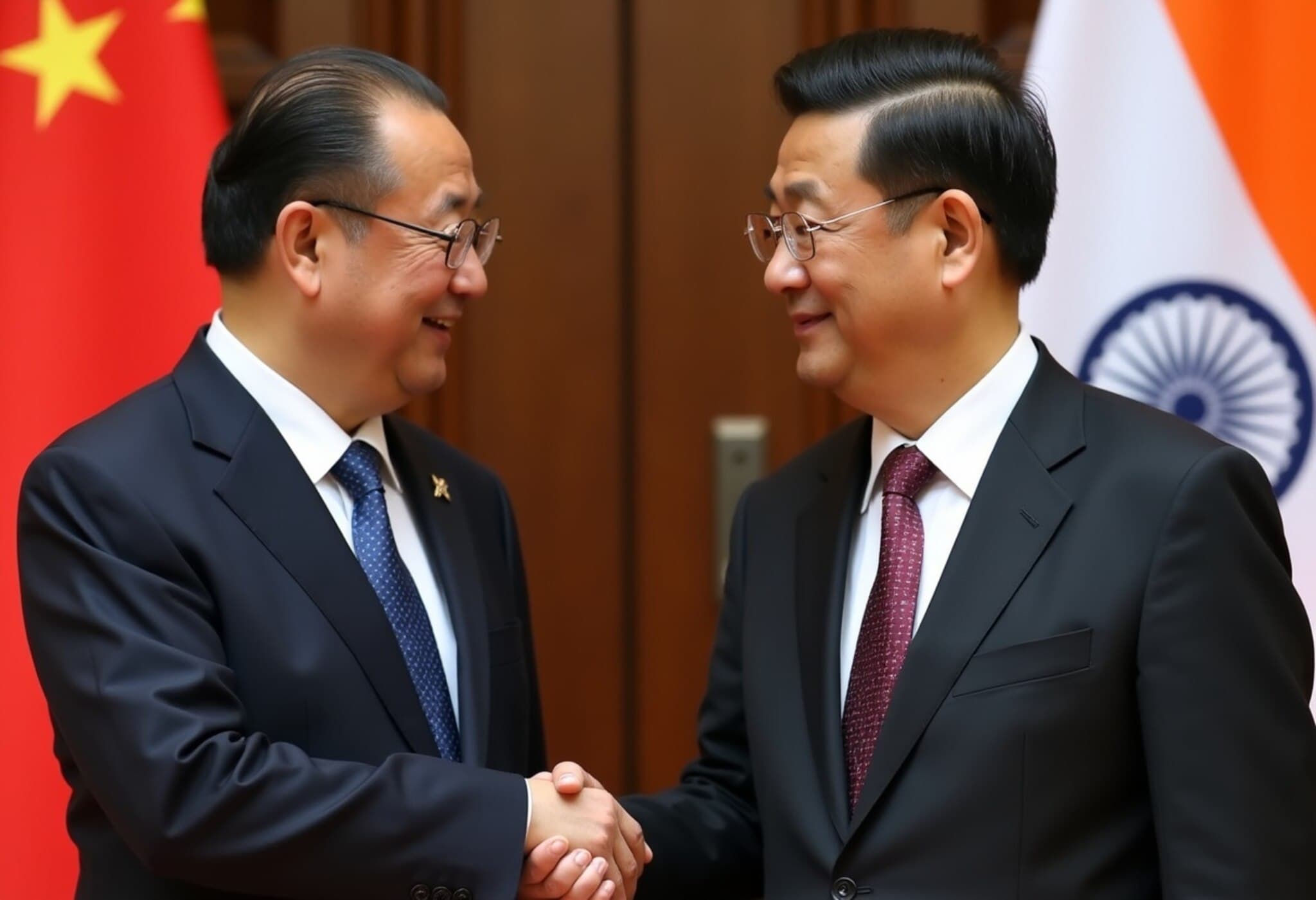FATF Highlights Emerging Threat of Terror Financing Through Digital Platforms
In a startling revelation, the global watchdog against terror financing, the Financial Action Task Force (FATF), has drawn renewed attention to the growing use of e-commerce sites and online payment services as conduits for funding terrorist activities. Citing incidents in India including the 2019 Pulwama bombing and the 2022 Gorakhnath Temple attack, FATF's latest report exposes vulnerabilities in digital financial ecosystems that threaten national and global security.
The Digital Age: A Double-Edged Sword in Terror Financing
With the rise of online marketplaces and fintech solutions, terror groups are increasingly exploiting these platforms to procure materials and transfer funds with alarming anonymity and efficiency. The FATF’s comprehensive update on terrorist financing risks underscores how key components for terror attacks were procured openly through popular e-commerce sites like Amazon, and how peer-to-peer and online payment mechanisms have become avenues for value transfers and fund-raising efforts.
Case Studies: Pulwama and Gorakhnath Incidents Reveal New Tactics
- Pulwama Terror Attack (February 2019): The suicide bombing that claimed 40 lives among CRPF personnel was partly facilitated by the procurement of aluminium powder via an e-commerce platform, identified as Amazon (codenamed EPOM in the report). This component significantly enhanced the explosion’s impact. Subsequent investigations led to charges under India's Unlawful Activities (Prevention) Act against 19 individuals, including foreign nationals.
- Gorakhnath Temple Attack (April 2022): In this case, an individual inspired by ISIL ideology used PayPal online payments to transfer approximately Rs 6.7 lakh (USD 7,685) overseas to support the terror group. The person also received inbound payments and masked their IP address using VPNs. PayPal's prompt suspension of the account curtailed further illicit transfers.
State Sponsorship and Diverse Support Modes: A Complex Web
The FATF report warns that several terrorist organizations continue to receive state-sponsored support, encompassing direct financial aid, logistical help, training, and material resources. This dimension complicates the challenge of tracking and disrupting funding channels, raising critical questions about geopolitical influences in terror financing.
Broader Implications: The Misuse of Financial Technology and Marketplaces
Beyond the highlighted incidents, the FATF throws light on several methods terrorists employ to stay financially agile:
- Trade-Based Money Laundering via E-Commerce: Terrorist groups leverage online marketplaces to disguise the movement of funds through the buying and selling of goods.
- Peer-to-Peer Payment Services and Fintech Platforms: Fast, low-cost transfers with the ability to operate under pseudonyms make these platforms attractive for illicit financing.
- Crowdfunding via Social Networks: The rise of social media fundraising for extremist causes remains a growing concern.
- Ethnically or Racially Motivated Terrorism: Groups exploit online sales of merchandise like books and clothing to generate revenue.
Current assessments from Europol corroborate that these digital avenues are used by a broad spectrum of terrorist entities, from lone actors to organized cells.
The Challenge Ahead: Enhancing Financial Transparency in the Digital Era
The fundamental issue FATF spotlights is the reduced traceability and transparency inherent in many modern online payment methods compared to traditional wire transfers. This opacity creates significant hurdles for law enforcement and financial regulatory agencies striving to identify illicit flows quickly and accurately.
Expert Commentary: Navigating Policy and Security Responses
From an American policy perspective, these findings underscore the urgent need for enhanced regulatory frameworks governing fintech and e-commerce platforms. As digital financial services proliferate, so too must the mechanisms for detecting suspicious transactions without stifling innovation. Legislative bodies and agencies like the Financial Crimes Enforcement Network (FinCEN) can play pivotal roles by mandating stronger know-your-customer (KYC) protocols and fostering international cooperation aligned with FATF recommendations.
Furthermore, these insights suggest a holistic approach combining financial intelligence, cybersecurity expertise, and on-the-ground intelligence sharing is essential. Cross-border coordination between governments, tech companies, and financial institutions will be crucial in outpacing adversaries who exploit the digital landscape.
Editor’s Note
As terrorists adapt to the digital revolution, the tools designed to empower legitimate commerce and financial inclusion are being weaponized in unforeseen ways. This report from FATF not only highlights alarming cases like Pulwama and Gorakhnath but also challenges policymakers and platform providers worldwide to rethink how innovation and security can coexist. How can online giants balance user privacy with enhanced oversight? What role should governments take in regulating futuristic payment systems without curtailing economic growth? Readers are encouraged to consider these questions critically, recognizing that safeguarding society in the digital era demands vigilance from all stakeholders.



















